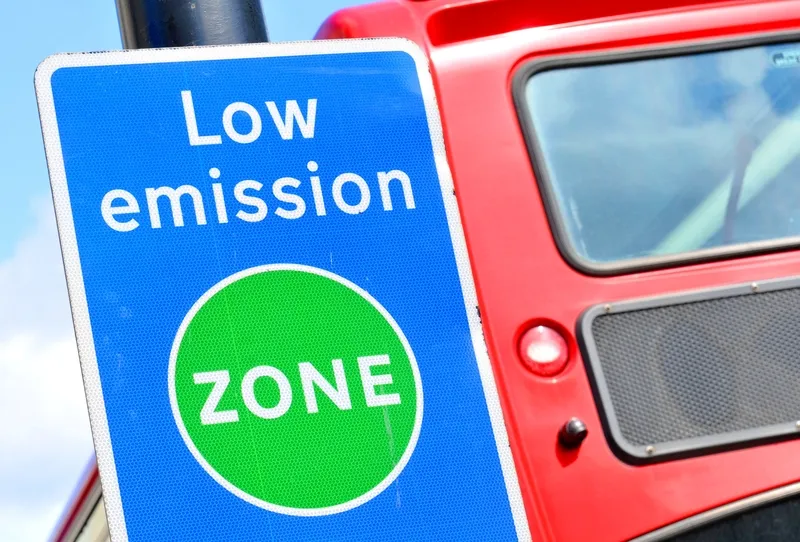A new study released by the International Transport Forum (ITF) examines how cities can manage the challenges of geographical scale and transition to shared mobility services.
Initiated by the ITF’s Corporate Partnership Board (CPB), the report expands on two earlier studies that looked at the impact of replacing private cars in a city with shared services, but which did not address the questions of implementing these services and expanding them to a wider, metropolitan area.
Based again on mobility data for the city of Lisbon, Portugal, the new study simulates different configurations of shared mobility solutions using advanced computer models. The report assesses issues around the scaling up of shared mobility services to the whole of the metropolitan area and of their stepwise introduction. It also explores how shared mobility can improve accessibility for users with impairments and analyses the impacts of these services on the use of existing high-capacity public transport and on access to jobs across the whole study area.
This study found that the reduction of traffic volumes, emissions and also prices as the result of a full-scale implementation of shared mobility in this metropolitan area is even more significant than for the core city itself. For example, total vehicle kilometres in peak hours are reduced by 55 per cent (compared to 2011) for the metropolitan area, while the reduction for the city alone was 44 per cent. CO2 emissions are reduced by 62 per cent for the wider agglomeration and 53 per cent for the city.
According to the report, this seems largely associated with the possibility of using demand-responsive services based on shared taxis and taxi-buses as feeders to the various lines of electrified suburban rail present in the Lisbon region.
Shared mobility also makes access to jobs and other public services easier and more equitable and releases massive amounts of parking space: a full 95 per cent of parking spaces could be reallocated for other public uses.
The report recommends that shared mobility should be phased in, in order to assure public acceptance. Other suggestions include beginning the integration of shared mobility solutions into existing urban transport plans and leveraging shared mobility to increase use of existing high-capacity public transport. The report also suggests optimising overall efficiency while assuring a healthy level of competition in the market and limiting exclusive occupancy of shared vehicles to avoid the erosion of traffic reduction and CO2 emissions benefits, amongst others.
Transition to Shared Mobility: How cities can deliver inclusive transport services
A new study released by the International Transport Forum (ITF) examines how cities can manage the challenges of geographical scale and transition to shared mobility services.
June 2, 2017
Read time: 2 mins








